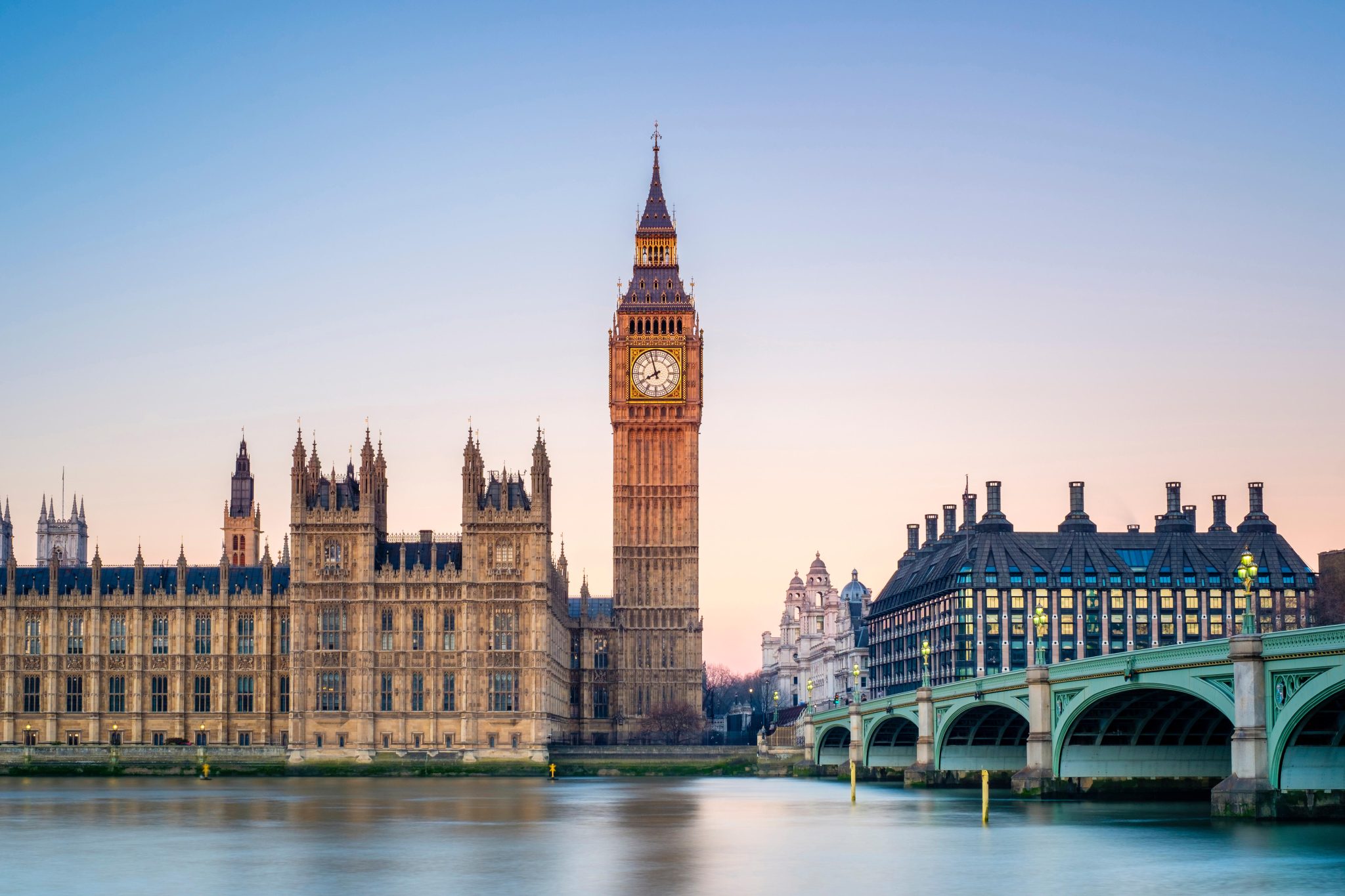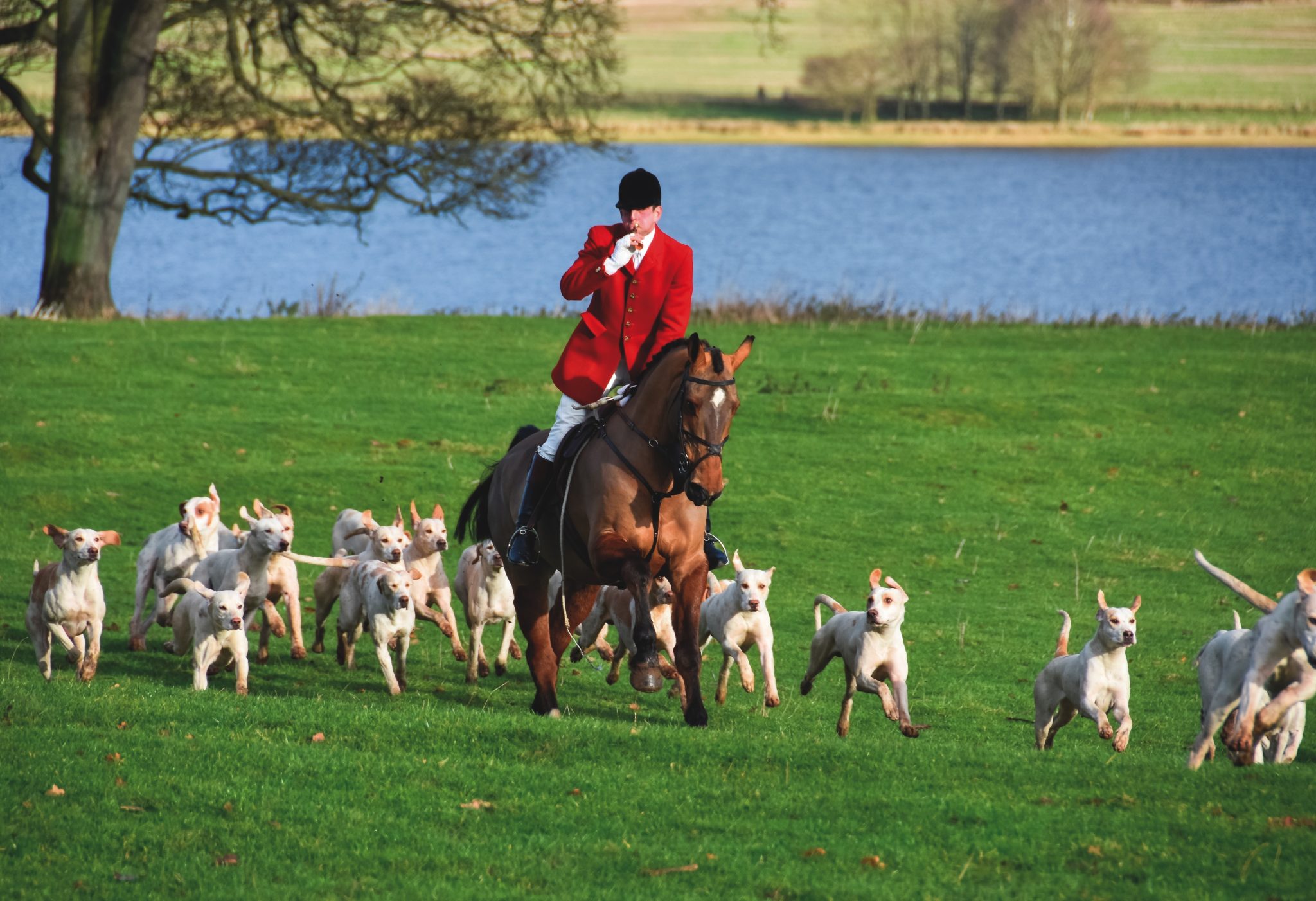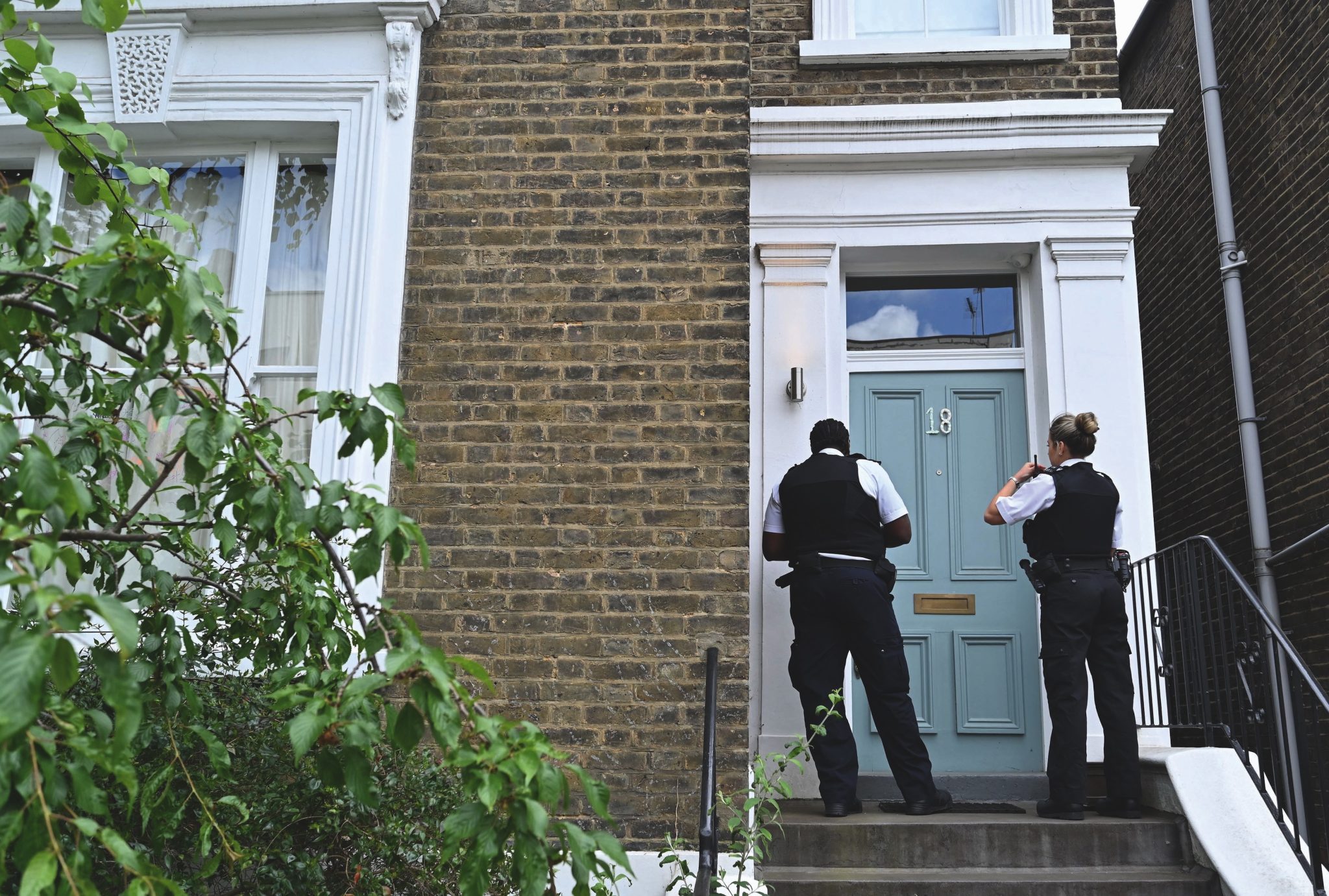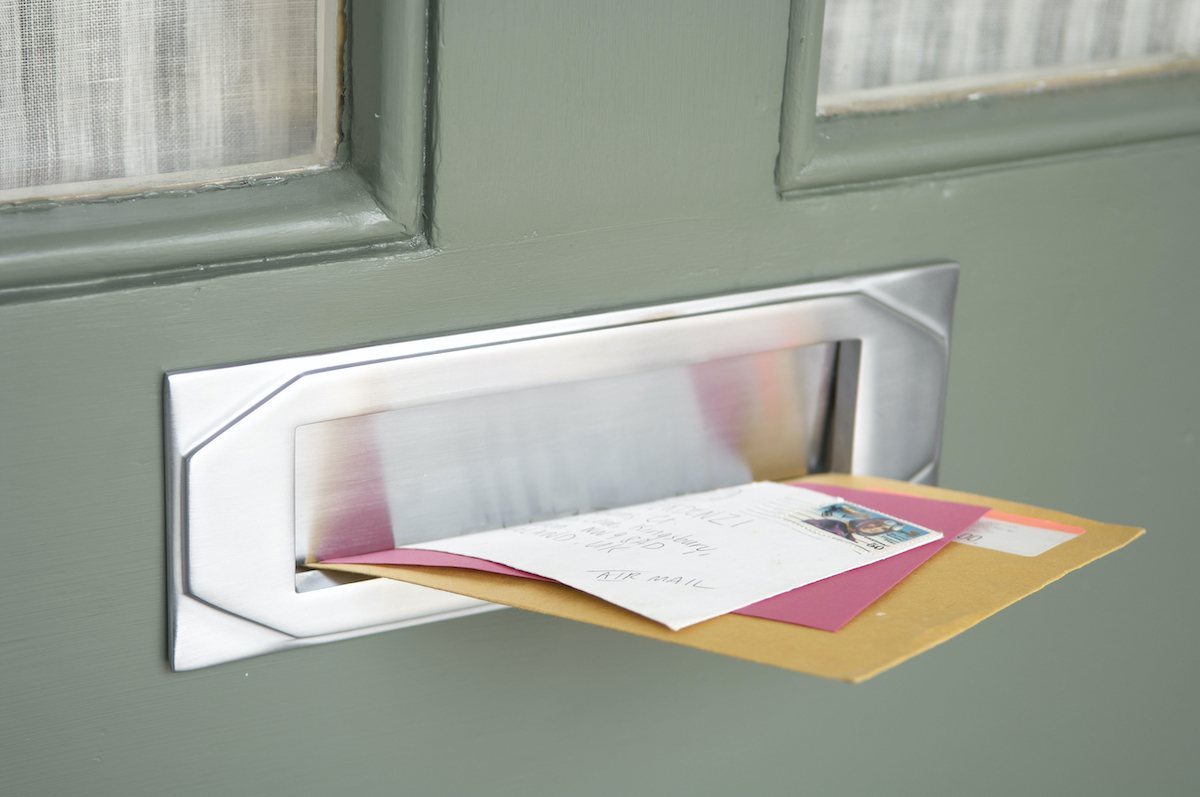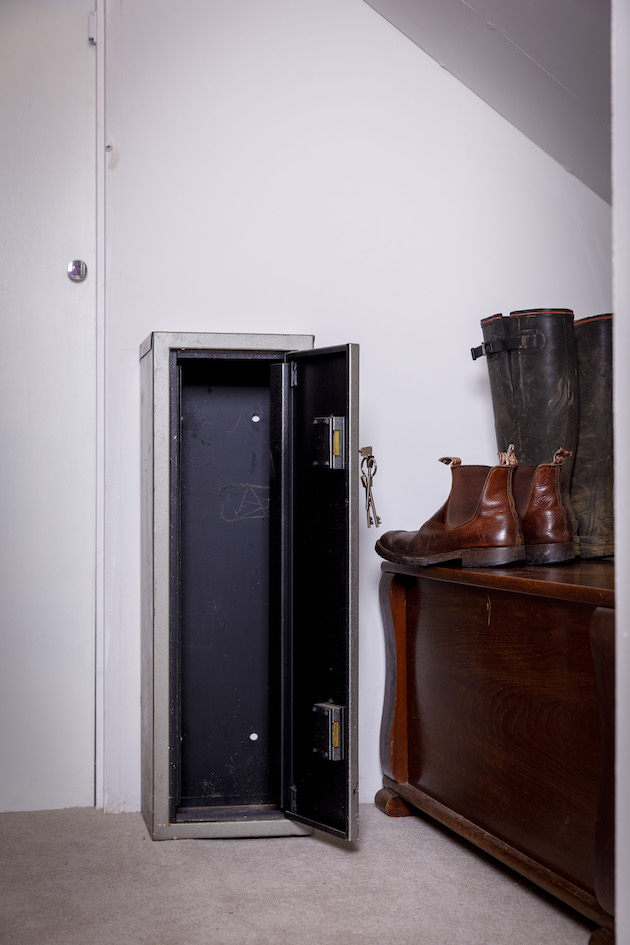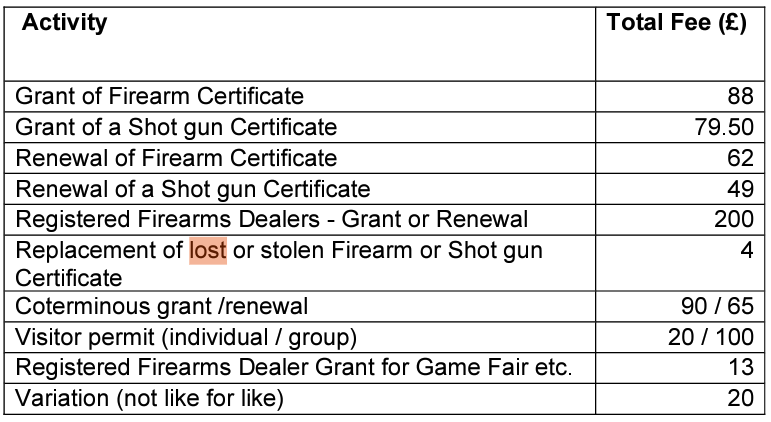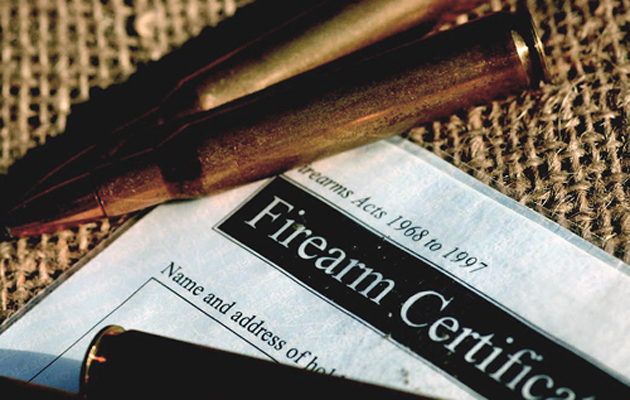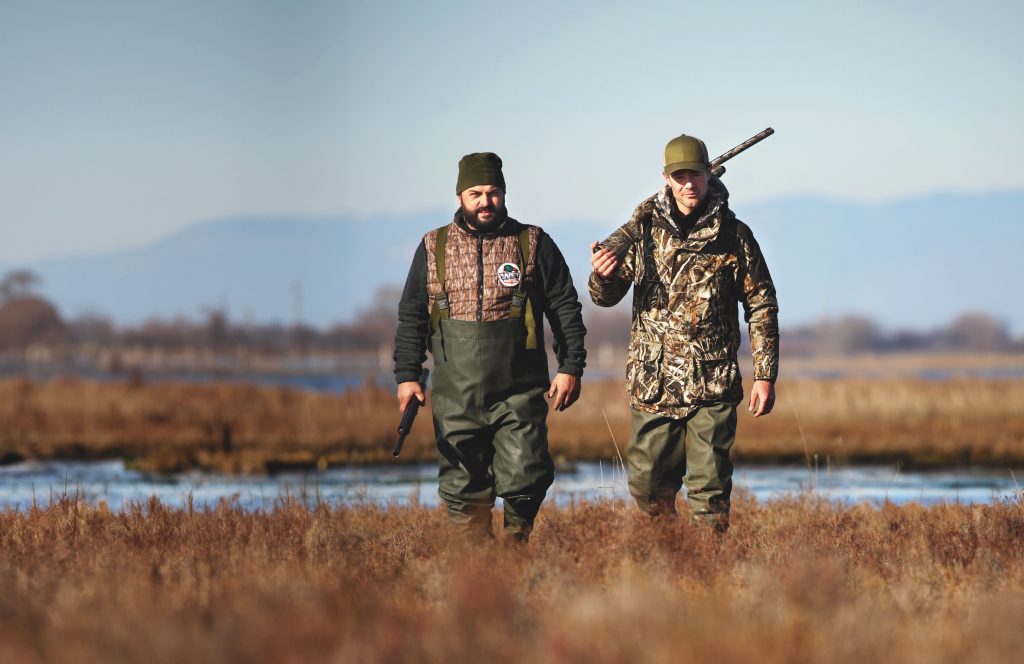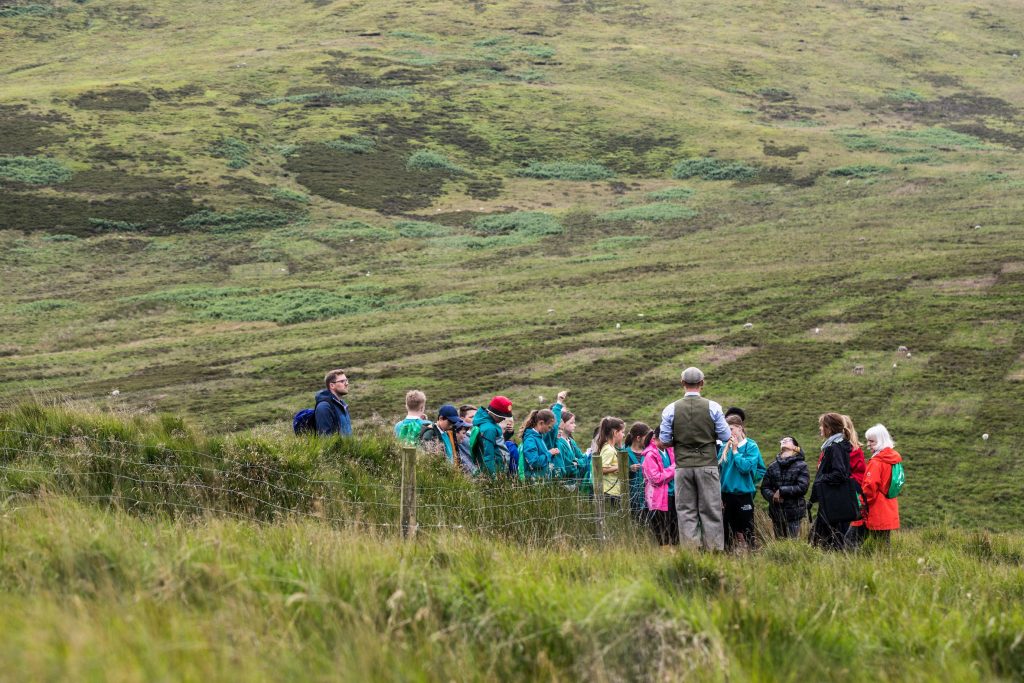- News
- Gundogs
- Shooting
- Recipes
- Gear
-
-
- More
-
-
More
-
-
News
Rural concerns risk being sidelined in devolution shake-up
By Hollis Butler (Group News Editor)
-
News
Crimestoppers under fire over snitch campaign targeting certificate holders
By Hollis Butler (Group News Editor)
-
-
-
Win CENS ProFlex DX5 earplugs worth £1,149 – enter here
How to get a firearm certificate in the UK
Advice on how to get your firearm certificate with information on what police are looking for, what counts as good reason to own a firearm and what variations are
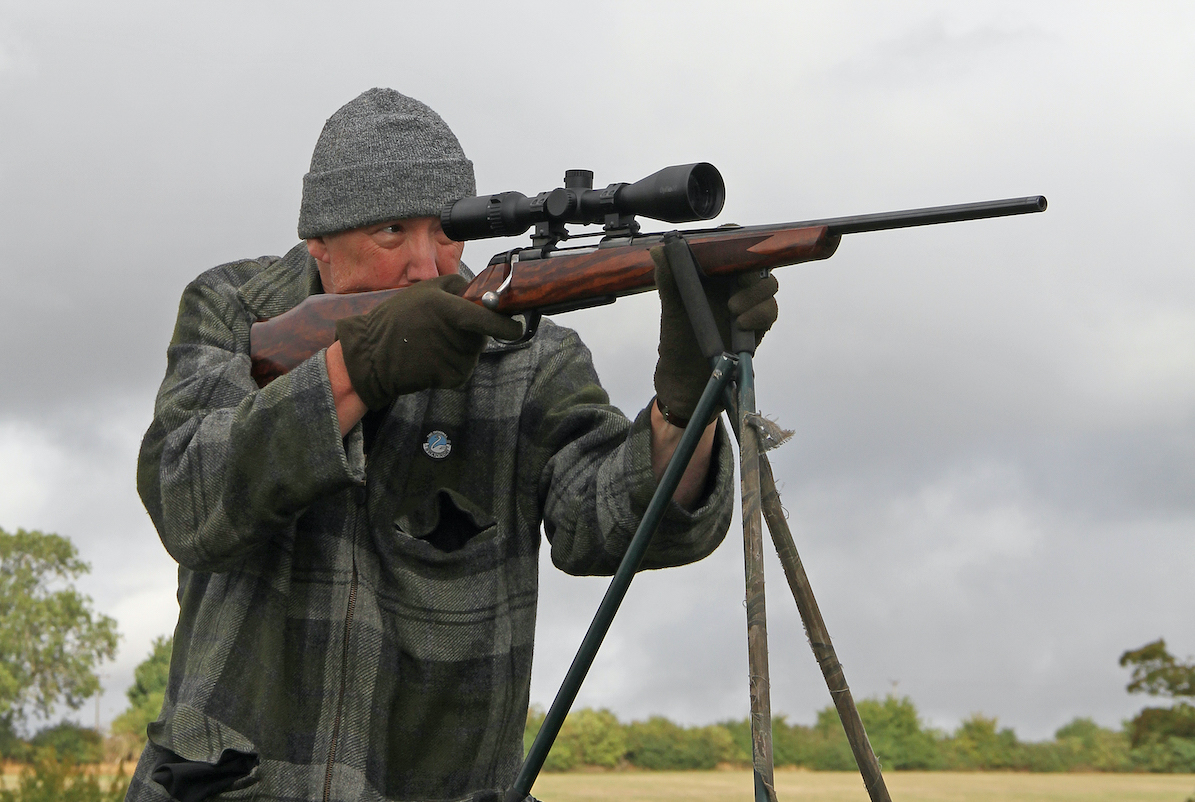 Great handling and re-assured accuracy and consistency from a classically made stalking rifle. Great handling and re-assured accuracy and consistency from a classically made stalking rifle.
Great handling and re-assured accuracy and consistency from a classically made stalking rifle. Great handling and re-assured accuracy and consistency from a classically made stalking rifle.
Do you need a firearm certificate?
If you own a rifle or an air rifle over 12 feet pounds muzzle energy you must have a firearm certificate (FAC).
If you already have a shotgun certificate then it’s a good idea to apply for a “coterminous” certificate. Police forces and shooters are keen on these; you have one end date for both your shotgun and rifle licences, the amount of paperwork is minimised and the combined certificate costs less than paying separately. It’s an efficient way of keeping your guns legal. (Read our advice on firearms security and gun safes here.)
A firearms certificate is valid for five years. It costs £88 for the grant and £62 for a renewal. (If you need to get a certificate for an FAC air rifle, read here.)
Read the Home Office guide on firearms licensing law here.
Below you’ll find information on applying for a firearm certificate in England, Wales, Scotland and Northern Ireland. You will need to apply to the authority that covers your area (more on that below).
Joining a rifle target shooting club may help your application
Before applying
Get authority to shoot on at least one piece of ground with your rifle(s), which shows good good for needing a certificate. You will need to provide details of this so it is a good idea to get this sorted up front. Joining a rifle target shooting club is also a good idea. It will improve your markmanship and also help with your application process.
Where to apply for a firearm certificate
You get a firearm certificate by applying to the police authority local to you. Here’s a list of police forces in the UK with links.
At the time of writing, the following police forces were offering an online service to help you get a firearms certificate.
Avon & Somerset Police
Cheshire Constabulary
City of London Police
Cleveland Police
Derbyshire Constabulary
Devon and Cornwall Police
Dorset Police
Durham Constabulary
Essex Police
Gloucestershire Constabulary
Greater Manchester Police
Hampshire Police
Humberside
Kent Police
Leicestershire Police
Lincolnshire Police
Merseyside Police
Metropolitan Police
North Yorkshire Police
Northamptonshire Police
Nottinghamshire Police
Staffordshire Police
Surrey Police
Sussex Police
Thames Valley Police
Warwickshire Police
West Mercia Police
Wiltshire Police
Police Service of Northern Ireland
Police Scotland
Help with your application
BASC says: “Firearm and shotgun licensing is often complex and confusing, so when you are completing the forms – or even thinking about taking up shooting – it’s worth contacting your shooting organisation for help and guidance; after all that’s what you pay them for.” (Read why every shooter should be a member of a shooting organisation.)
What you have to include on the application form
- You’ll need to state what rifle(s) you’d like to use, which involves specifying the exact calibre and type. For example, you might like to buy a “bolt action .223 rifle”. Be specific – you can’t state a generic group such as .22 CF.
- Although many people will tell you that you can’t have two rifles of the same calibre, that’s simply not true – so long as you can demonstrate “good reason” to need them. For instance, you might need a dedicated night vision rifle as well as one for daytime use. It is down to the local force’s discretion though, so if there’s any doubt, explain your reasoning to your Firearms Enquiries Officer (FEO), and see what they say.
- You will also need to provide the details of the ground where you have permission to shoot the rifle(s) listed.
- Your completed form must be accompanied with a passport photograph of yourself. You also need to provide details of two people who have agreed to act as a referee for you. They must be British residents, have known you for at least two years and be of good character. A family member cannot be a referee and neither can a registered firearms dealer, a person employed by the police or Police and Crime Commissioner (PCC).
- You will be asked to give permission for the police to approach your GP. If you aren’t registered with a GP in the UK, you can’t complete the form.
- As well as providing details of land you are permitted to shoot over, you will have to give details of any target shooting club you are a member of.
- Your application is valid in law provided you have completed the form correctly and included the photographs and payment.
- If you don’t declare a relevant condition the least that will happen is refusal or revocation of your certificate. In the worst case you could be prosecuted and get a criminal record. Don’t take the risk. Declarable conditions are not a bar to getting a certificate if they’re properly controlled. (Read what happens if you admit to health problems when applying for a gun licence.)
It may be several months before your firearms certificate arrives, so leave plenty of time
Do not delay
Allow at least 12 weeks for your certificate to come through. So if you are renewing, bear this in mind. Don’t delay in reapplying. The time it takes to process a certificate varies widely from one police force to another. (Read what are the latest waiting times for shotgun and firearms certificates.)
Do not wait for a renewal letter before starting the process – in these days of police cuts you may not get one anyway.
Keep your expiring certificates with you – you will need them to prove you own your gun lawfully and to buy ammunition.
If your certificate expires before you receive a valid replacement you should ask for a temporary permit, issued under Section 7 of the Firearms Act 1968. It should be granted in the event of an administrative delay.
The length of time it takes for the force to process your application can vary tremendously – bear in mind that it’s not fair to blame the police for taking too long if your referees haven’t responded.
You will need a secure gun safe to store your rifle
What else you need to organise
To get your firearm certificate, you will need some form of secure storage for your guns, and also for your ammunition. (Read our advice on keeping your rifle securely.)
Will the police grant you a firearm certificate?
The police will carry out a number of checks including interviews, visits to your property, references from friends and record checks to decide if you are safe to own a firearm or rifle.
You need to prove that:
- You are fit to be entrusted with a firearm and aren’t prohibited from possessing one
- You have good reason for possessing or purchasing a firearm
- You can possess the firearm or ammunition without being a danger to the public safety or peace
Usually someone who has not held an FAC before will only be granted what is known as a “closed ticket”, a restriction that usually lasts until the first renewal after five years. A closed ticket means that the holder can only shoot on ground the police consider appropriate. Typically, that will be the ground that you have written permission for, however, it is worth remembering that it also includes other places which have been cleared for that calibre. Working out which land parcels are covered can be a nightmare, but once again the best way of going about it is by talking to your local firearms officer.
When you finally are granted an “open ticket” it means that the responsibility for deciding where it is safe to use the rifle now devolves to you, the shooter. You obviously still need the relevant land permissions. If you really need to reduce the time before you are granted an open licence, it is worth seeking advice from your local firearms team, as things can vary tremendously between different forces.
What is good reason to own a firearm?
The police want to see that you need your rifle or firearm on a regular basis for work, sport or leisure. It is up to the chief officer to decide what constitutes a good reason.
Getting qualified with a DSC1 can help
Study for a Deer Stalking Level 1 (DSC1) and the police could consider this to be a major step towards your being considered suitable for an open ticket. Ignore the fact that the course is primarily intended for deer stalkers – it is relevant for foxers too because it inherently involves your being taught and assessed on things like firearms law, accuracy, and above all, safety. It’s also both an enjoyable and informative course.
What are firearm licence variations?
If you want to change the details of the firearm or firearms on your certificate you will need to apply for a variation. This will be processed for free.
If you want to increase the number of guns and/or component parts you hold, including sound moderators, you will need to pay a variation fee. (Read more on sound moderators here.)
What about if you inherit guns?
You must declare any kind of firearm you inherit to a registered firearms dealer or the police. If you neglect to do this you are breaking the law and could lose any opportunity of getting your firearm or shotgun certificate and retaining the guns. (Read what’s the law on inheriting a shotgun.)
A firearms dealer who will be able to advise you on guns’ value or how to proceed if you wish to keep them
What if you lose your firearm certificate?
You can have it replaced for £4.
If your certificate is very dirty, mutilated or so full that legible entries can’t be made, you are entitled to a replacement for free.
Fees for firearms certificates issued by the police
More advice on firearms certificates
- Under UK law, there is a clear distinction between the right to possess a shotgun against that of a rifle. Every British citizen is deemed to have the right to own a shotgun – if the state disagrees, it has to show why that person should not have one. With a rifle, however, it is the other way around – the assumption is that the person concerned has no automatic right to own one, and therefore has to demonstrate the need to do so.
- Most police forces do not consider that having served in the armed forces provides any relevant experience in the use of firearms.
- Once your certificate has arrived, the first thing is to check it through to make sure that everything is as it should be. Paperwork errors are, sadly, only too common, and although most forces will usually sort them out very quickly, responsibility for complying with the specified terms is down to you.
- If you don’t have a proven track record of using a similar calibre you will be unlikely to be granted something ‘large’. Exactly what this means is interpreted differently by different forces – in some areas they appear to view the law as being what they’d like it to be, whereas in others they follow Home Office guidance closely. In loose terms, if you have no demonstrable experience, you are unlikely to be granted something like a 30-06 rifle on a first application.
- If you have any problems or need advice, go to your shooting organisation – it’s always worth being a member of one so that you receive expert advice. BASC, for instance, has full-time experts who deal with such things.
- Take a few photocopies of your firearms certificate when you get it (you might like to blank out the address on the copies so that if they get lost or stolen your home security remains secure. ) Leave the original in your firearms cabinet except when you actually need it, such as when visiting a gun shop to purchase regulated items.
Take photocopies of your firearm certificate and store the original in your gun cabinet
Questions about firearms certificates
Q: I have held a shotgun certificate for 40 years, initially for roughshooting, but in recent years, mainly for skeet and DTL. Two years ago I decided that I would like to add FAC to my shooting disciplines and joined my local shooting club as an airgun member, being added to the waiting list for their firearms section and firearms handling course. This was a prerequisite of becoming a full member.
In June of last year I was invited to take part in the club’s excellent 10-week firearm course during which I fired everything from .22 RF to .303 including blackpowder and an AK47. I passed with flying colours. I then applied to our local firearms licensing division and eventually received my FAC. However, my FAC is very restrictive in that I can only possess one each of the following: .22 RF, .22 moderator, .357, .44 and FAC multi-shot shotgun. I am only allowed to shoot target at my shooting club. Is this type of restriction normal or should I challenge this? I would like to add a .22 semi-auto as well as a .243 bolt action to my FAC.
(Bill Harriman replies)
A: Every firearm which a firearms certificate authorises has to be justified by what is known as the “good reason” test as per Section 27(1) of the 1968 Firearms Act. Good reason must be substantial. It generally encompasses the intent to use a firearm for a particular purpose and somewhere to do that.
Good reason becomes more difficult to satisfy where increasing numbers of similar firearms are concerned.
Regarding your particular certificate, you must have provided good reason for the five firearms to which your certificate refers.
If you applied for a .22 self-loading rifle and a .243 rifle as well and they were refused without explanation, then this is unacceptable. Full written reasons for any refusal must be given as you have a right to appeal to the Crown Court about this decision.
I can see no reason why you should not have a self-loading .22 rifle for different types of target shooting disciplines as well. The same goes for the .243. (I would prefer a .308/7.62mm as ammunition is easier to get and cheaper. Don’t forget, it is against the law to use expanding ammunition for target shooting. There are solid .243 bullets available but they seem to be quite hard to come by). However, you must prove that you have good reason for requesting these two rifles.
The restriction limiting your firearms to your shooting club range is unreasonable. You should return the certificate and ask for Condition 9 from Appendix 3 of the Home Office guide on firearm licensing law to be applied. This should say that the firearms to which the certificate relate shall be used for target shooting, and only while a member of your shooting club, on ranges which are legally and safely constructed and maintained. This does not restrict where you can use the rifles but as they are solely for target shooting, you have to be a member of an approved club to possess them.
Referees must provide a reference freely and without any fee. They must not be registered firearms dealers, serving police officers, police employees or members of the applicant’s immediate family. This is not defined but it includes all close relatives other than cousins. It also applies to cohabitees.
GPs may act as referees for your firearms certificate, but they must do this on a personal rather than a professional basis.
If there is a requirement to notify the council of firearms this should be done in a discreet manner to a senior person, for example, the director of housing services, and that person should be reminded of his confidentiality under the Data Protection Act.
This article was originally published in 2014 and has been updated.
Related Articles
Get the latest news delivered direct to your door
Subscribe to Shooting Times & Country
Discover the ultimate companion for field sports enthusiasts with Shooting Times & Country Magazine, the UK’s leading weekly publication that has been at the forefront of shooting culture since 1882. Subscribers gain access to expert tips, comprehensive gear reviews, seasonal advice and a vibrant community of like-minded shooters.
Save on shop price when you subscribe with weekly issues featuring in-depth articles on gundog training, exclusive member offers and access to the digital back issue library. A Shooting Times & Country subscription is more than a magazine, don’t just read about the countryside; immerse yourself in its most authoritative and engaging publication.



